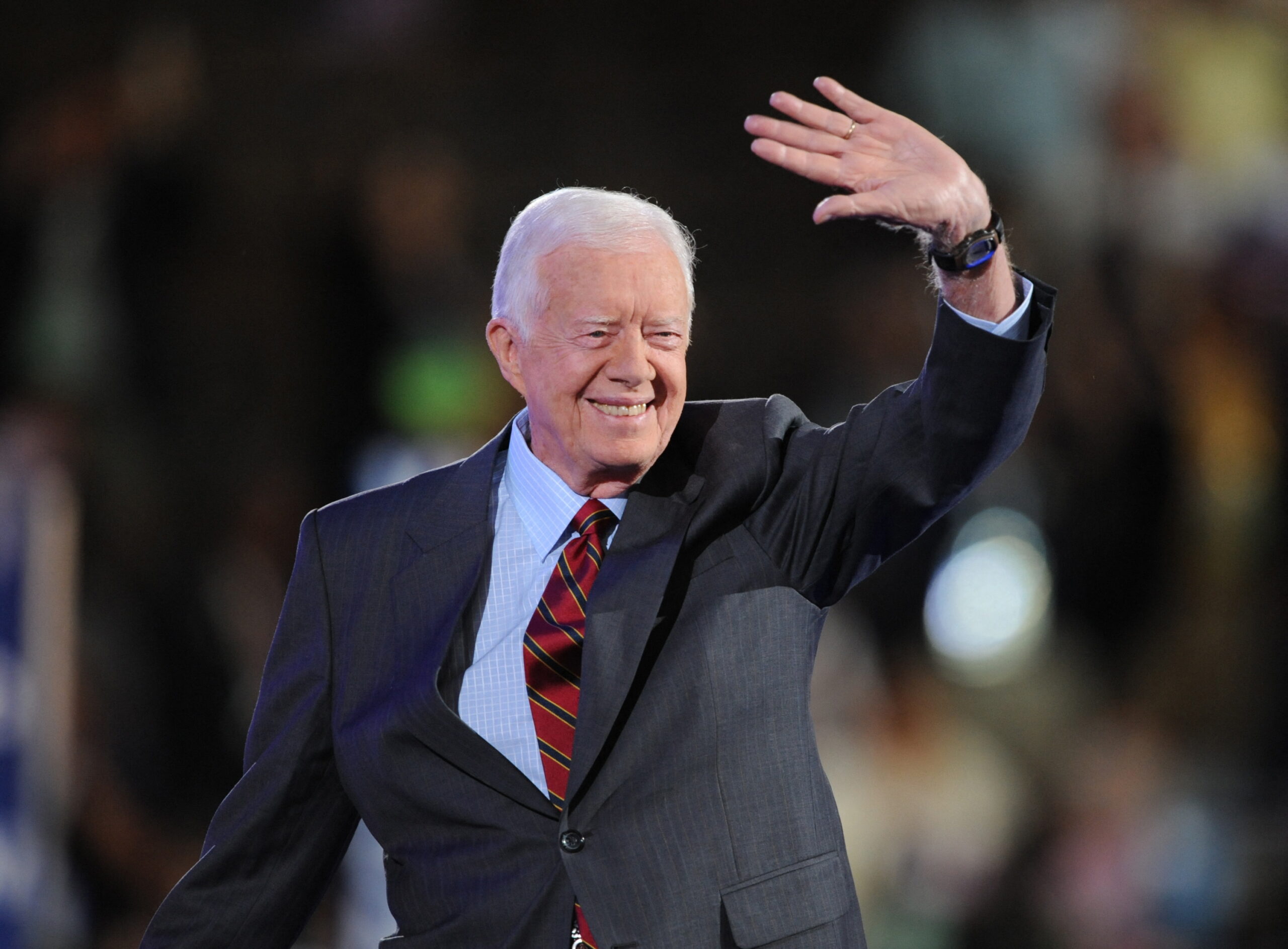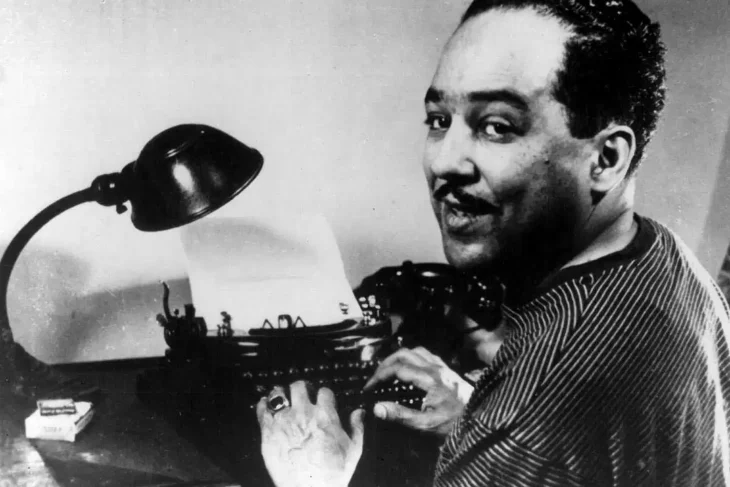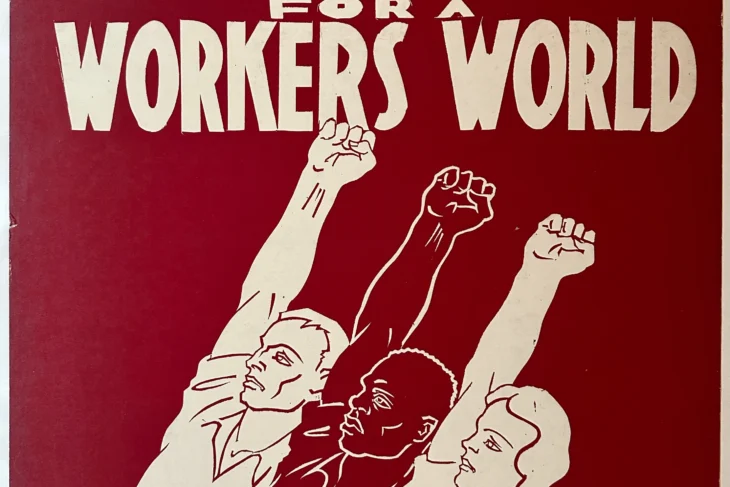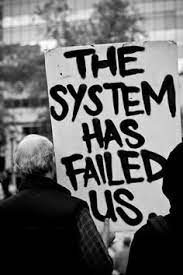
The death of Jimmy Carter has been met with an outpouring of mourning from across the globe. He has been remembered as a true God-fearing man, a man who had high integrity, a man who started no wars, and a man who brought honesty back to the White House. He was also remembered for the bad economy he left at home, the Soviet intervention in Afghanistan, and the Iranian revolution. These were deemed stains on his legacy and in many corners led to him losing to Ronald Reagan in 1980.
Following his election loss he dedicated his life to the Carter Center, building houses, treating ailments, monitoring elections and many other things as he sought to cement his legacy as a man who, while losing the White House, continued to fight for the causes he saw as just. His funeral was attended by all living US presidents, royalty, foreign prime ministers, presidents, and diplomats as they mourned the passing of a man.
But what is Mr. Carter’s legacy? Is he the cheery grandfather that we have all been told about, and is the worst thing about him that he lost to the evil Ronald Reagan? While Mr Carter would love for us to have that be the case, and historians have sought to ensure that is what is written, the legacy of Mr Carter is not spotless.
The history of Mr. Carter is intimately linked to that of Afghanistan. In the 70s following the overthrow of the Afghan monarchy, it was the Carter Administration that first began destabilising the country. Government leaders, teachers, and civil rights advocates were killed and a civil war was launched against the secular socialist government. The assassins and rebels were the Mujahideen which eventually became the Taliban and al-Qaeda. This destabilisation effort by the US led to the USSR intervening.
The aim of this, according to Carter’s National Security Advisor Zbigniew Brzezinski, was to provide the Soviets with their own Vietnam-type military quagmire. This eventually led to the 20-year-long US war on terror, a war which, if we are honest, continues today.
The Carter Administration funded the Guatemalan military regimes which engaged in the slaughter of the Guatemalan people and trained their military officers who then engaged in the genocide of the Mayan people. Since 1954, Guatemala was ruled by military dictatorships, and it was during his time that they saw a marked increase in funding — something Reagan was to increase further — and the continuation of the civil war which continued until 1996. Guatemala remains a poor country with a vast wealth disparity and has only recently emerged from the nightmare of violence first introduced by the US.
Some will argue that Carter’s cuts in aid to the military regime at the time should be praised, and while it should not be ignored, there is a vast difference between cutting military aid and calling for a total reform of the state by withholding funds. Mr Carter chose the first, and easier option, an option which was immediately overridden by Reagan, who would have had a harder time reversing the policy if it called for a new and inclusive government.
He was even worse in El Salvador, where Mr Carter refused to even do the Guatemala model and limit aid to the military forces.
His Administration also funded the Argentine military regime, this was during the Dirty War when the dictatorship in Argentina was inspired by nazi Germany and other European fascism. It was this dictatorship which killed or was responsible for the disappearance of up to 30,000 people as they sought to create a fascist state implementing the condor policy carried over from Carter’s Republican predecessors.
This group of thugs kidnapped pregnant women, killed them and sent the babies to be adopted by state cronies; kidnapped the children of political activists, leaving no earthly trace of them; and engaged in wholesale torture as they sought to create their homeland free from progressive ideas like equal rights.
The Caribbean also was not spared. It was during the Carter Administration when Jamaica descended into near civil war as Washington sought to remove the Michael Manley Administration. The violence which increased during the lead up to the 1980 general elections left a lasting impact on the country with political gunmen graduating and becoming independent drug dealers and now graduating to scamming.
Admiral Turner, who Mr Carter went to school with and served with, was such a close friend to Mr Carter that well into retirement Mr Carter continued to sing his praises as a good man, and an excellent leader who brought change to the CIA — an agency which was, at the time, funding violence in Latin America, Africa, and Afghanistan.
It has long been my view that the post-presidency actions of Mr Carter reflected his Christian values, but I don’t share that view.
His crowning achievement — Egyptian-Israeli peace — was deemed a sham as it left Palestinians still without a home.
Was he better than others? Not really. His actions as the “incompetent” president were just as imperial and aimed at ensuring American supremacy as say Reagan, who did nothing novel and simply expanded what Carter began. His attempts at atonement, while soothing for his soul did not go nearly far enough to undo the damage he wrought as president.
The weeping and lamentations over his loss are not because he was such a terribly good leader who never did wrong, it is because despite his failings he was an able steward of imperialism. If faced with the choice of letting a country go the path of independent development or forcing them to submit to the will of the US, he chose the latter. Atonement can only get you so much, and while I am sure he believed that God forgave him, the victims of his Administration’s actions, the ones living with the scars, have a different view.
This is not a case of beating up a dead man, the man, after all, was lavishly praised by all and sundry and the few voices which are raised up highlighting the facts that he, like all presidents, oversaw an enterprise with ethical flaws, are not bashing him. The man loved his wife and kids and was a true believing Christian and all that entails. However, he also happened to be at the head of a government that utilised covert actions to keep itself in pole position.
The legacy of Carter is a mixed bag. In office, he was as bad as any and while out of office he tried to write the wrongs of his country. If we are honest people, we must assess his legacy in its totality to come to a conclusion, and from my reading, when it mattered and he had power he was no better than presidents before or since, just a bit more polite.



